Why do M&A deals fall apart?
Mergers and acquisitions can be complex and involve many potential issues that cause deals to fall apart. Some of the main reasons why M&A deals may fall apart include:
1. Valuation Differences: One of the most common causes of M&A deal failure is a disagreement over the valuation of the target company. The deal may fall apart if the buyer and seller cannot agree on a fair price.
2. Due Diligence Issues: During the due diligence process, the buyer will typically conduct a thorough review of the target company's financials, operations, and legal and regulatory compliance. If issues are uncovered that were not disclosed before, the buyer may become concerned about the target company's financial health or legal liabilities, leading to a failed deal.
3. Financing Problems: M&A deals often involve large sums of money, and securing financing can be complex. The deal may fall apart if the buyer cannot secure the necessary financing.
4. Bad Fit/Cultural Differences: M&A deals often involve companies with different cultures and business methods. If the two companies are fundamentally incompatible, it may be challenging to integrate them successfully, leading to a failed deal.
5. Regulatory Issues: M&A deals may be subject to regulatory approval, and if the necessary approvals are not obtained, the deal may not be able to proceed.
6. Management Conflicts: M&A deals can involve significant changes to the management structure of the target company, which can lead to conflicts between existing management and the new owners. If these conflicts cannot be resolved, the deal may fall apart.
7. Economic Environment: Economic conditions can change rapidly, and if market conditions deteriorate, it may become difficult or impossible to complete an M&A deal.
In conclusion, the success probability of M&A deals can vary widely depending on several factors. Some studies suggest that only about half of all deals are successful, while others indicate a success rate of around 70-80%. In any event, having an M&A advisor by your side is crucial to increase the chances of a successful outcome and mitigate the potential risks that are under your control.
